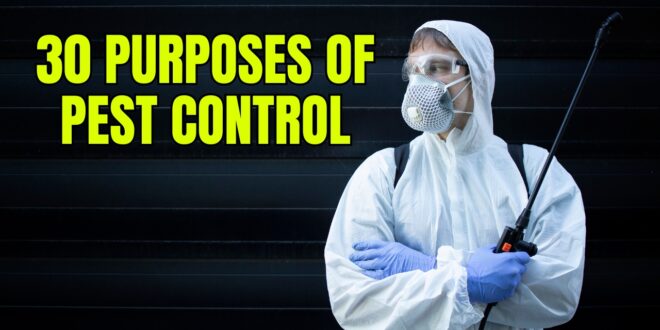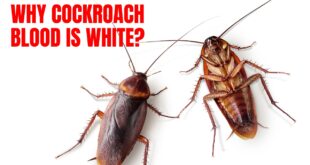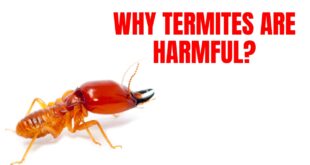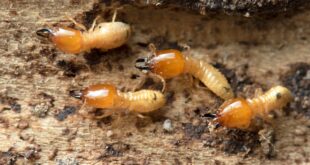Here are 30 purposes of pest control explained.
Health Safety: Keeps diseases away by reducing pests like mosquitoes and rats that carry germs.
Food Protection: Keeps our food safe by stopping pests like ants and cockroaches from contaminating it.
Property Protection: Stops pests like termites from damaging buildings and furniture.
Crop Safety: Protects crops from insects that eat plants, helping farmers grow more food.
Comfort: Reduces the number of annoying pests like flies and mosquitoes that bother us.
Allergy Prevention: Reduces allergens from pests like dust mites and cockroaches.
Pet Safety: Keeps pets safe from pests like fleas and ticks that can make them sick.
Sleep Quality: Stops bedbugs from biting and disturbing our sleep.
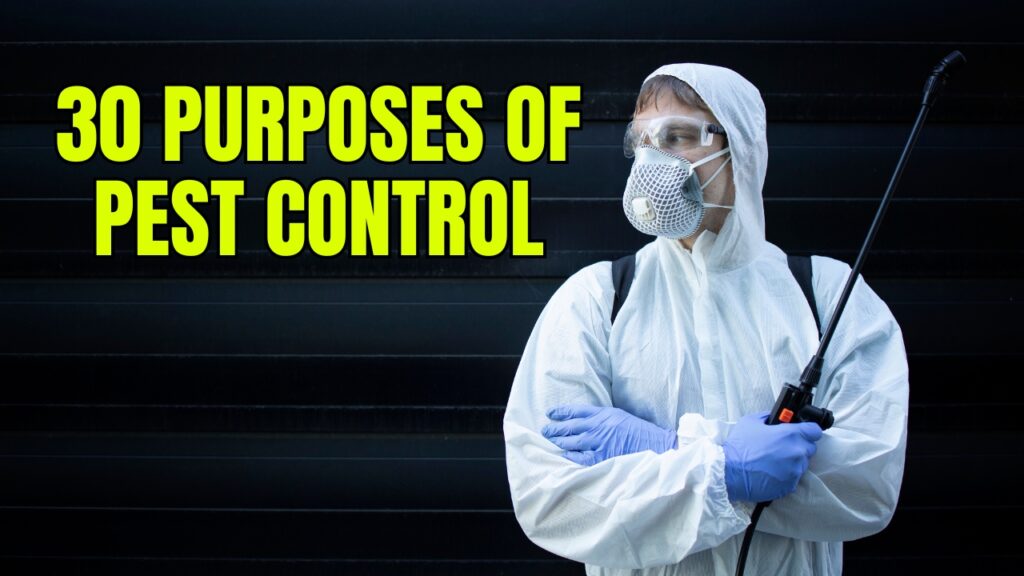
Cleanliness: Keeps our homes and workplaces clean by reducing pests that spread dirt and germs.
Clothing Protection: Prevents moths from eating our clothes.
Garden Health: Protects gardens from pests that damage plants and flowers.
Prevent Infestations: Stops pests from multiplying and causing big problems.
Maintain Hygiene: Ensures places like kitchens and hospitals stay clean and safe.
Reduce Damage Costs: Saves money by preventing pest-related damages.
Protect Wooden Structures: Stops pests like termites from damaging wooden parts of buildings.
Prevent Bites and Stings: Reduces the risk of painful bites and stings from pests like bees and spiders.
Avoid Disease Spread: Stops pests from spreading diseases to humans and animals.
Protect Stored Products: Keeps pests away from stored food and goods in warehouses.
Peace of Mind: Provides peace of mind knowing pests are under control.
Improve Air Quality: Reduces pests that affect indoor air quality, like dust mites.
Protect Electronics: Stops pests like rodents from chewing on wires and damaging electronics.
Prevent Structural Damage: Protects buildings from structural damage caused by pests.
Safe Water Supply: Keeps pests away from water sources, ensuring clean drinking water.
Reduce Odors: Controls pests that cause bad smells, like rotting food or waste.
Preserve Wildlife: Helps protect natural habitats by managing pest populations.
Prevent Legal Issues: Helps businesses avoid fines and legal problems related to pest infestations.
Enhance Property Value: Keeps properties in good condition, maintaining their value.
Protect Books and Papers: Prevents pests like silverfish from damaging books and important documents.
Prevent Insect-borne Illnesses: Reduces the risk of diseases spread by insects, like Lyme disease from ticks.
Maintain Reputation: Helps businesses maintain a good reputation by ensuring a pest-free environment.
These purposes show how pest control helps us live healthier, safer, and more comfortable lives by managing and reducing the number of harmful pests around us.
 Pcs Fumigaton Pcs News
Pcs Fumigaton Pcs News
